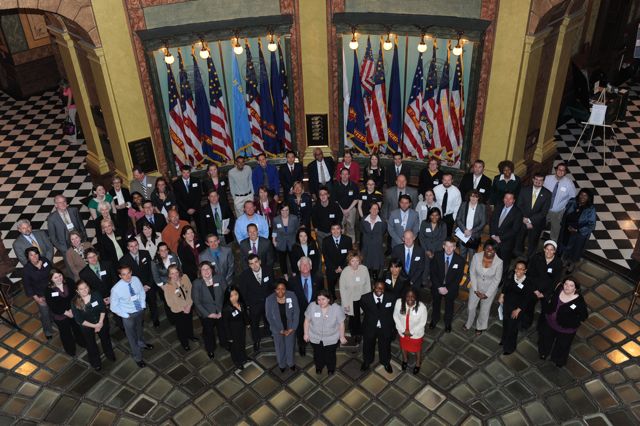The Michigan Tech School of Business and Economics chapter of Beta Gamma Sigma international honor society recently inducted 13 students into its membership. Beta Gamma Sigma recognizes students of high scholastic achievement and is among the highest honors that a business student can receive at Michigan Tech.
The following students in the School of Business and Economics were inducted:
- Nicole Baumruk, Management Information Systems (MIS)
- Stephanie Behrens, Finance
- Jacob Carlson, Finance
- Lucy Dernovsek, Accounting
- Ming He, Management
- Adam Kastamo (MBA Student)
- Lindsey Lindstrom, Marketing/Management
- Rebekka Mikkola, Marketing/Management
- Asel Otunchieva, Accounting
- Michael Schott, Management Information Systems (MIS)
- Kipp Vaughn, Management
- Geoffrey Weston (MBA Graduate)
- Lijuan Xie, Accounting
The Michigan Tech chapter advisor for Beta Gamma Sigma is Mari Buche.
Visit the business newsblog for more information and photos from the induction ceremony.
Published in Tech Today.

